Understanding PDA & ODD in the Classroom: An Educators Guide
Strategies to Help Teach Kids with PDA

**************************************
Join me for an upcoming Workshop:
Can't make these Workshop dates? Join me for a self-paced on-demand course:
Sue Larkey On-Demand Workshops
**************************************
Strategies for Teaching PDA Students
Key takeaways from this podcast for educators and parents/ carers of a child with PDA:
✅ Share appropriate personal experiences to build trust
✅ Offer two clear choices instead of open-ended options
✅ Use natural consequences instead of demands (e.g., explaining toilet routines)
✅ Allow collaborative learning when students prefer working with peers
✅ Give students a fresh start each day, avoiding delayed consequences
✅ Discuss emotions openly to model emotional regulation
✅ Share problem-solving thoughts aloud
✅ Mix up strategies as they can wear out quickly
✅ Use special interests without hijacking them for learning
✅ Provide structure while maintaining autonomy (like the holiday analogy)
Pathological Demand Avoidance (PDA) in the Classroom: Understanding and Teacher Strategies for Educators
ENROL NOW!
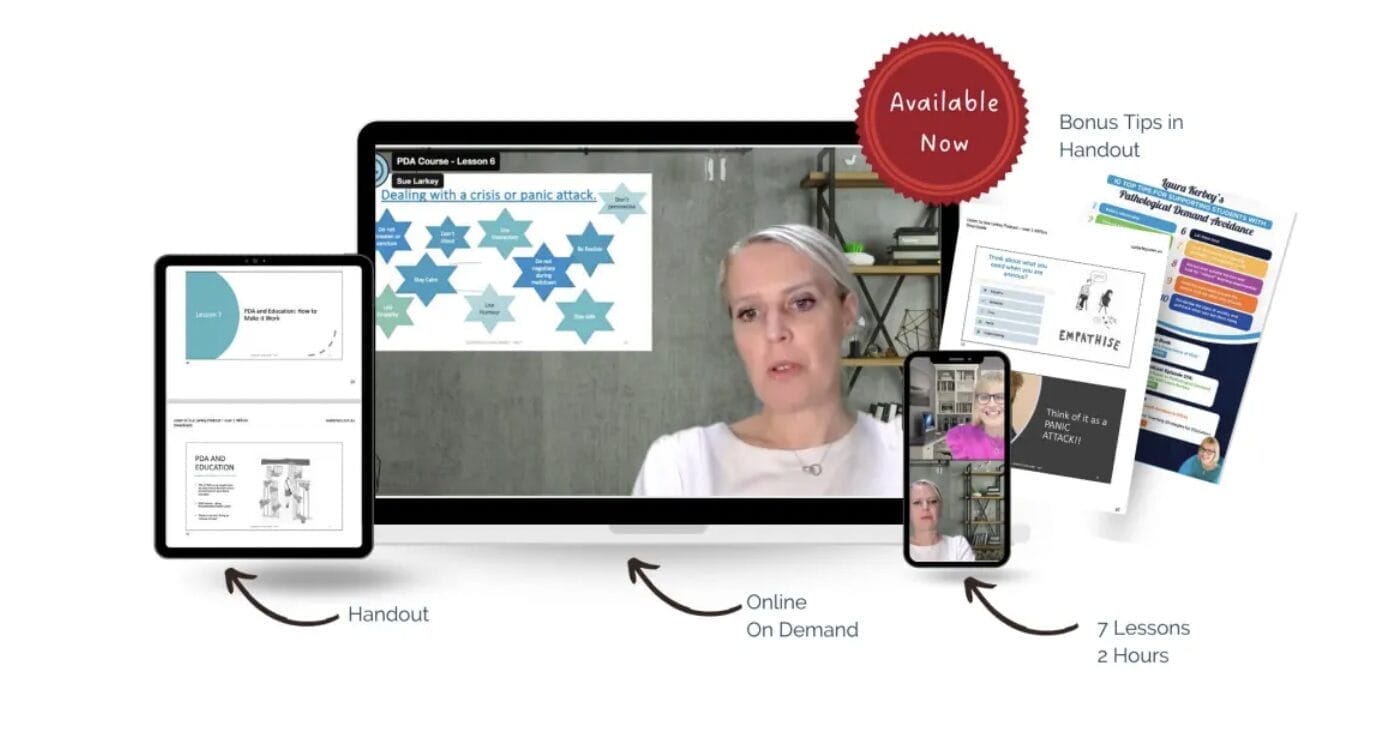
Understanding and Connecting with Pathological Demand Avoidance Learners
During Laura Kerbey’s time teaching autistic children, she had a sudden realisation that those with Pathological Demand Avoidance (PDA) are children like no other!
None of her tried and tested autism strategies would work to help them focus or learn and most of her time was spent wondering, what am I doing wrong?
If you feel the same, this short, Laura’s Book is your go to guide to teach you everything you need to know from one educator to another.
With an introduction to what PDA is followed by PDA tailored advice on how to connect with your student and create an autonomous, spontaneous environment that is personalised for you both, this guide is here to ensure that you and your PDA student thrive!
Illustrated by the popular Eliza Fricker and packed with entertaining anecdotes (including one about Jabba the Hut’s poo), this go-to-guide contains everything you need to start implementing PDA friendly learning to help you connect with your student and help them make the most of their learning experience.

Learning about PDA
Learn more about PDA with this Podcast -> https://suelarkey.com.au/learning-about-pda/
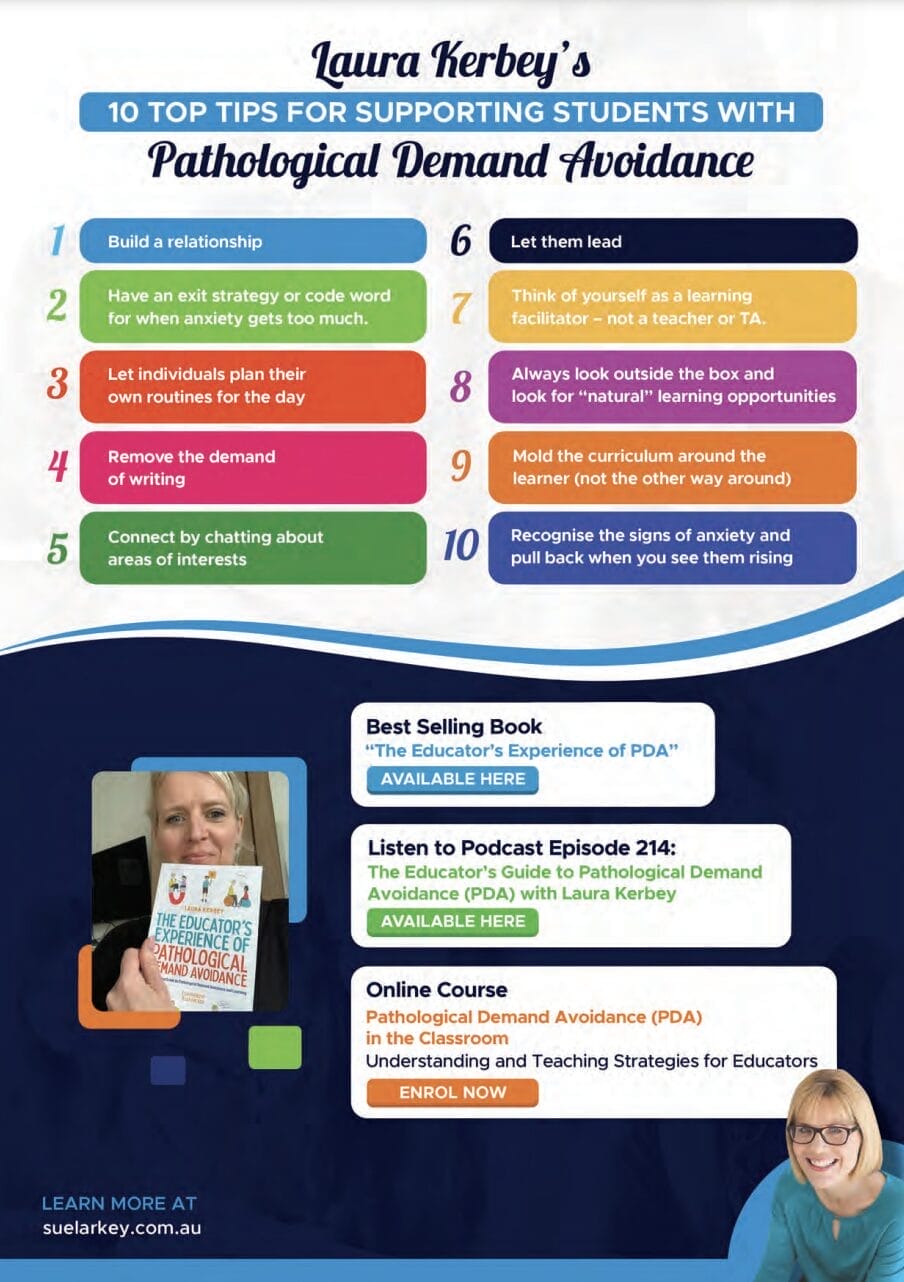
RECOMMENDED COURSES AND RESOURSES
Understanding Autism Spectrum Disorder: Knowledge to Improve Student Learning, Participation and Outcomes
RECOMMENDED PODCASTS
EPISODE 191:
Top Tips for Preparing Neurodiverse Students for Camps & Excursions (ASD, ADHD, ODD, PDA)
EPISODE 251:
Student Wellbeing Part 1: Playground Plans to Create Connection for Neurodiverse Students (ASD, ADHD, ODD, PDA)
Great Resources to Understand and Support children with PDA
Showing all 10 resultsSorted by popularity
-
The Red Beast
$45.95 -
Red Beast Anger Workbook
$48.95 -
The Educator’s Experience of Pathological Demand Avoidance An Illustrated Guide to Pathological Demand Avoidance and Learning
$45.95 -
Super Shamlal – Living and Learning with Pathological Demand Avoidance
$45.95 -
Can I tell you about Pathological Demand Avoidance syndrome?
$31.95 -
Collaborative Approaches To Learning For Pupils With PDA
$40.95 -
Can’t Not Won’t. A Story about a child who couldn’t go to School
$42.95 -
The Defiant Child: A Parent’s Guide to Oppositional Defiant Disorder
$30.95 -
All About PDA
$37.95
SUE LARKEY BOOKS
Showing 1–15 of 21 resultsSorted by popularity
-
The Ultimate Guide to School and Home
$44.95 -
Teacher Assistants Big Red Book of Ideas
$39.95 -
Teacher Assistants Big Blue Book of Ideas
$39.95 -
The Essential Guide to Secondary School
$44.95 -
RED and BLUE BOOK BUNDLE
$75.00 -
Tips for Toileting
$29.95 -
Sue Larkey’s MEGA BOOK of Timesavers, Tips & Strategies for Busy and Complex Classrooms
$49.95 -
Practical Sensory Programmes
$71.95 -
Making it a Success
$47.95 -
Practical Communication Programmes
$44.95 -
Red Beast Anger Workbook
$48.95

Are you?
- Passing on a student with Neurodiversity to another educator next year
- Do you know a student who will be changing teachers, classrooms, or school settings in 2026
- Planning your staff, classes for 2026
Now is the time to prepare for 2026.
By joining my course, you will get the knowledge, skills and strategies to set yourself and your students up for success in 2026.
If there's even a remote possibility of having a child with Neurodiversity in your classroom next year, join me to prepare now.
Training in the first term often presents challenges:
- Don't want a day out for training when setting up class at the start of the year.
- Students with neurodiversity may start off dysregulated because the necessary structures and strategies are not yet in place.
- Educators find themselves playing catch-up while addressing 'behaviours'.
- Many educators feel overwhelmed.







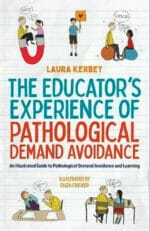



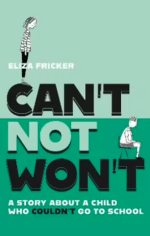




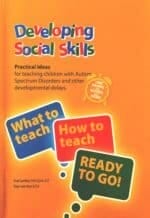



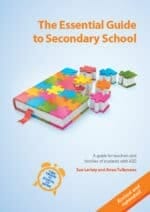
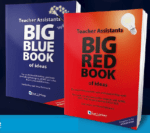

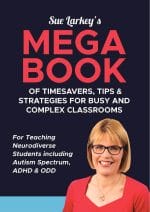
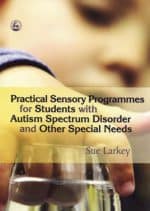
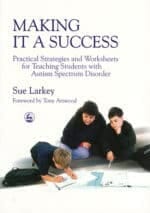






 Sorry we no longer ship items outside Australia. Please consider the digital versions of Sue’s Books –
Sorry we no longer ship items outside Australia. Please consider the digital versions of Sue’s Books – 